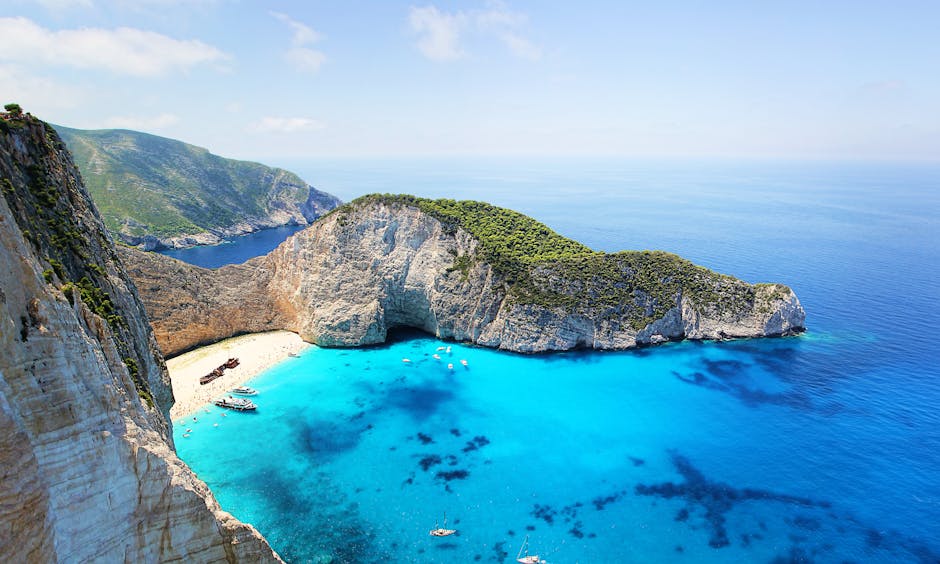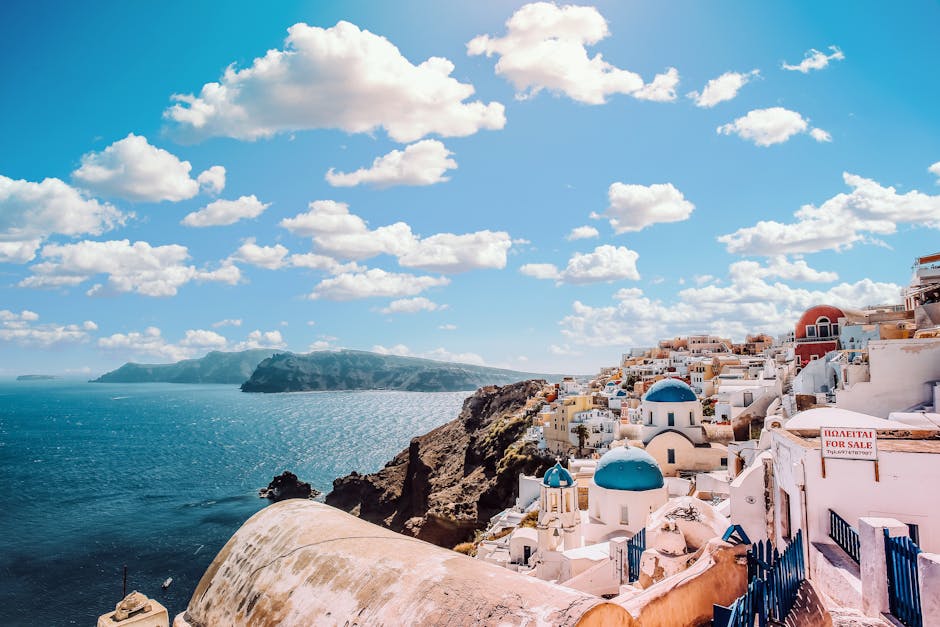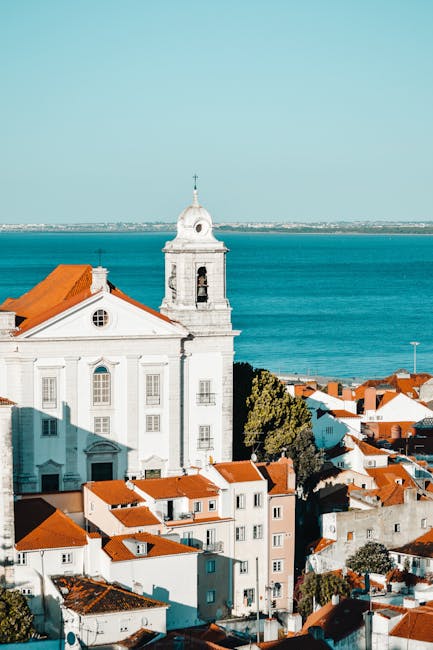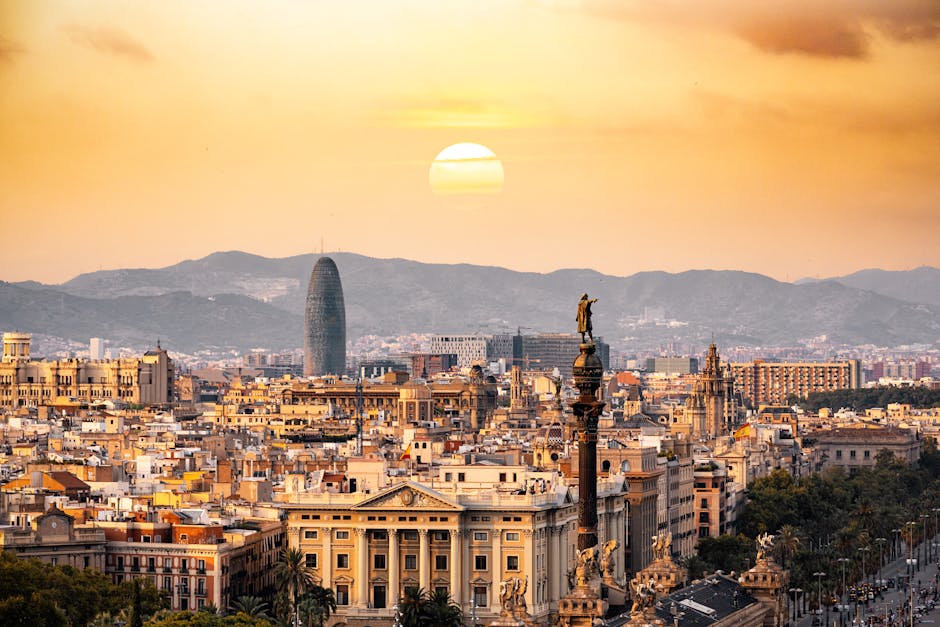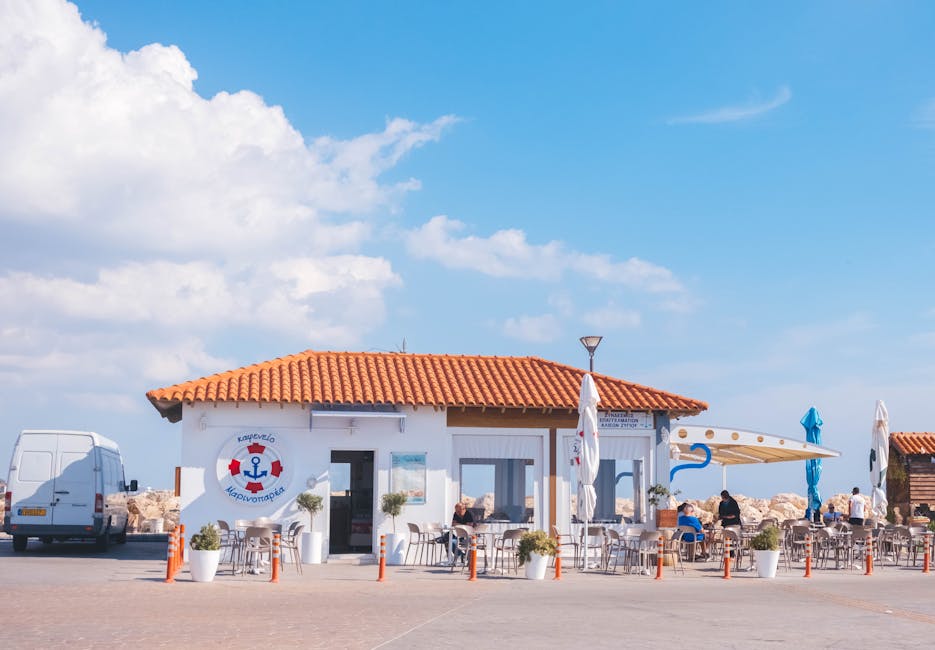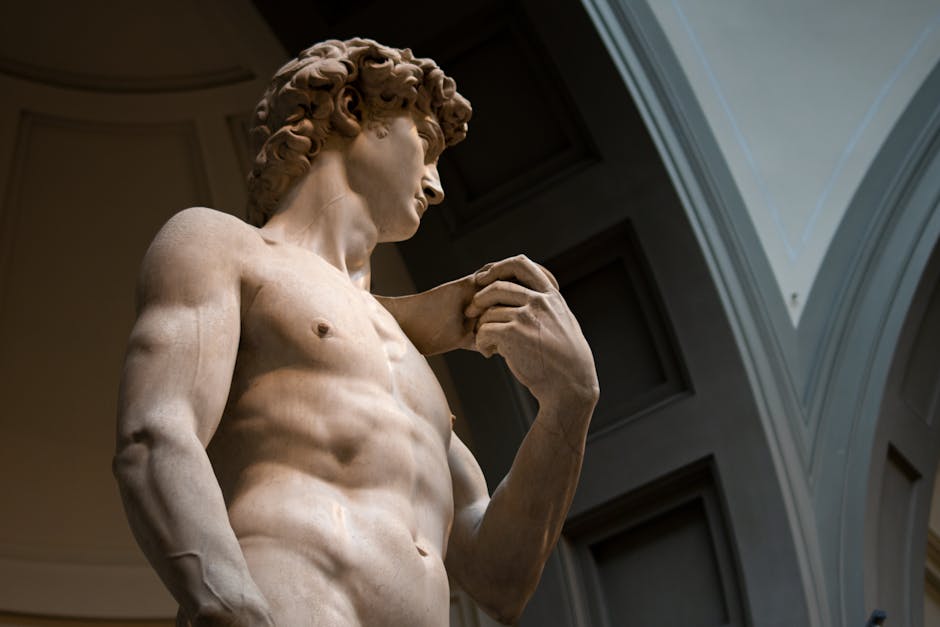Greece
Overview
Greece, a country in Southeastern Europe, is a vibrant hub of history, culture, and breathtaking landscapes. Known as the birthplace of democracy and philosophy, Greece boasts an extensive heritage that is clearly visible in its iconic landmarks such as the Parthenon, the ancient city of Delphi, and the medieval city of Rhodes. The culture of Greece is a unique blend of traditional customs and modern influences, from the fascinating Greek mythology to the delightful local cuisine. The Greeks are renowned for their hospitality, and their traditions of music, dance, and festivals are deeply ingrained in every corner of the country.
The high season for tourism in Greece extends from late April to early November, with the peak being in July and August. During this time, the weather is typically warm and sunny, making it perfect for beach vacations and island hopping amongst the stunning Greek islands. Activities such as visiting ancient ruins, exploring charming villages, sailing in the azure Aegean Sea, or hiking in the beautiful Samaria Gorge are popular choices for visitors. Greece also offers a rich gastronomic experience, with opportunities to taste traditional Greek dishes like Moussaka, Souvlaki, and the famous Greek salad.
Before visiting Greece, it's important for travelers to ensure they have a valid passport. While visas are not required for stays under 90 days for many countries, it's always wise to check the current visa requirements based on one's nationality. It is recommended to have travel insurance that covers any potential health issues or accidents. Additionally, packing should be done according to the season of travel, with light clothing for the summer months and warmer attire for the cooler periods. Lastly, learning a few basic Greek phrases can be beneficial, although English is widely spoken in tourist areas. Remember to respect local customs and traditions to have a truly enriching Greek experience.
A Glimpse into the Past
Greece, often referred to as the cradle of Western civilization, boasts a rich and intricate history that has left a profound impact on art, philosophy, politics, and architecture. For travelers, understanding this history enriches the journey through its ancient ruins, vibrant cities, and stunning landscapes.
Ancient Greece is where it all began. This period, roughly from the 8th century BC to the 6th century AD, is marked by significant developments in political thought and the arts. Cities like Athens and Sparta emerged as powerful city-states with contrasting cultures. Athens became a hub of democracy and philosophy, where thinkers like Socrates, Plato, and Aristotle laid the groundwork for Western philosophy.
Travelers can explore the Acropolis in Athens, a UNESCO World Heritage site that epitomizes ancient Greek architecture. The Parthenon, dedicated to the goddess Athena, stands as a testament to the artistic and cultural achievements of this era. Nearby, the Ancient Agora offers insights into the daily life of Athenians, where democracy took root and citizens gathered to discuss political matters.
The age of Hellenism, following the conquests of Alexander the Great in the 4th century BC, marked the spread of Greek culture across the Mediterranean and into Asia. Cities like Alexandria in Egypt became melting pots of knowledge and culture. Travelers can visit the Library of Alexandria, once the largest and most significant library of the ancient world, indicative of the era's intellectual pursuits.
Following the Hellenistic period, Greece fell under the sway of Rome. The Roman era saw the construction of magnificent structures, many of which still stand today. The Roman Agora in Athens showcases the fusion of Greek and Roman architecture, while the Olympia site, home to the ancient Olympic Games, reminds visitors of the athletic competitions that celebrated physical prowess and honor.
The transition to the Byzantine Empire in the 4th century AD marked a significant shift in Greek history. As Christianity spread, the cultural landscape evolved. The Hagia Sophia in Istanbul, originally a cathedral built during the Byzantine Empire, is an architectural marvel that reflects the fusion of Christian and Islamic influences.
During the Ottoman occupation (15th to 19th centuries), Greece experienced significant cultural changes. Although the Ottomans ruled, Greek culture persisted. Travelers can visit the Acropolis Museum in Athens, which houses artifacts from the ancient site, showcasing the continuity of Greek heritage throughout the centuries.
The struggle for independence from Ottoman rule began in 1821, leading to the Greek War of Independence. This period of national awakening is commemorated at several sites, including the National Historical Museum in Athens, which provides insight into the fight for freedom and the establishment of the modern Greek state.
The modern era of Greece began with the establishment of the Kingdom of Greece in 1832. The new nation sought to revive its ancient heritage while also embracing modernity. King Otto, the first king, initiated significant changes in governance and infrastructure, laying the groundwork for contemporary Greek society.
The Acropolis of Athens and the Palace of the King (now known as the Greek Parliament) are essential stops for travelers seeking to understand this transformation. The Parliament building, located in Syntagma Square, is not only a political center but also a site for the Changing of the Guard ceremony, showcasing Greek traditions.
Greece faced significant challenges in the 20th century, including the Greco-Turkish War and World War II. The latter brought devastation and occupation, but also a fierce resistance movement that contributed to the eventual liberation of Greece in 1944. Travelers can delve into this turbulent history at the War Museum in Athens, which documents Greece's military history and resilience.
The post-war period saw Greece evolving into a modern European state, joining the European Union in 1981. The effects of this integration are visible in the revitalization of urban areas, improved infrastructure, and a flourishing cultural scene. Thessaloniki, Greece's second-largest city, offers a blend of Byzantine history and contemporary life, with its lively waterfront, vibrant markets, and the impressive White Tower.
Greek islands, such as Santorini and Mykonos, are also steeped in history, with remnants of ancient civilizations dotting their landscapes. Santorini boasts the ruins of Akrotiri, a Minoan settlement preserved by volcanic ash, while Mykonos is known not just for its nightlife but also for its archaeological sites, including the nearby Delos, a sacred island and one of the most important mythological, religious, and historical sites in Greece.
The legacy of Greece is also evident in its culinary traditions. Greek cuisine, influenced by its history and geography, offers travelers a taste of its rich heritage. Dishes like moussaka, souvlaki, and baklava reflect local ingredients and centuries-old recipes, found in tavernas and restaurants across the country.
As travelers explore Greece, the interweaving of history and culture is palpable. From the ancient ruins that inspire awe to the modern cities that pulse with life, Greece is a tapestry of experiences waiting to be uncovered. Each corner of the country tells a story, inviting visitors to immerse themselves in the past while enjoying the vibrant present.
In conclusion, Greece's history is not just a series of dates and events; it is a living narrative that shapes the identity of its people and the landscapes they inhabit. Whether wandering through ancient sites, enjoying the local cuisine, or engaging with the warmth of the Greek people, every moment spent in Greece is an opportunity to connect with the rich heritage of this remarkable land.
Top cities for tourists in Greece
Discover the Famous Cities That Might Captivate Your Interests
Must-Try Foods You Can't Afford to Miss
Indulge in a Variety of Fantastic Foods During Your Stay in Greece
May Be Your Next Destinations
People often choose these countries as their next destination



